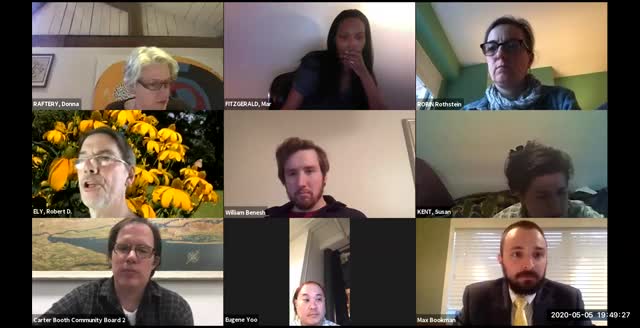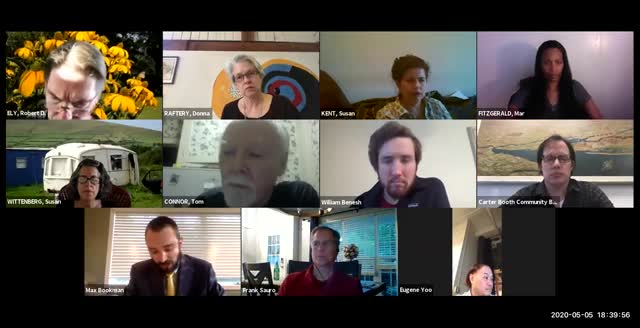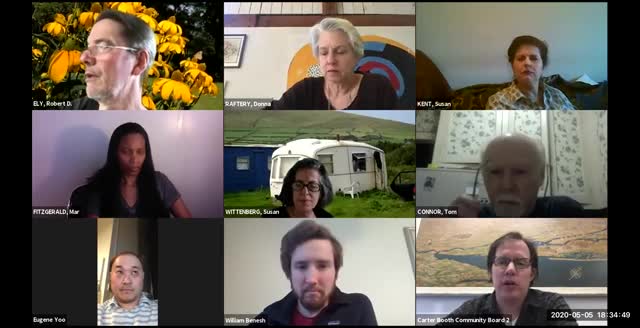Article not found
This article is no longer available. But don't worry—we've gathered other articles that discuss the same topic.

Dahan Hospitality beer‑and‑wine application noted by committee; applicant absent, committee requests standard stipulations

Joseon/Taco Mahal ownership update; committee to accept previously agreed stipulations

Committee clears Union Square Hyatt corporate change with existing stipulations to remain

Mishka Soho withdraws outdoor seating, agrees to noise limits and closed‑facade stipulations

